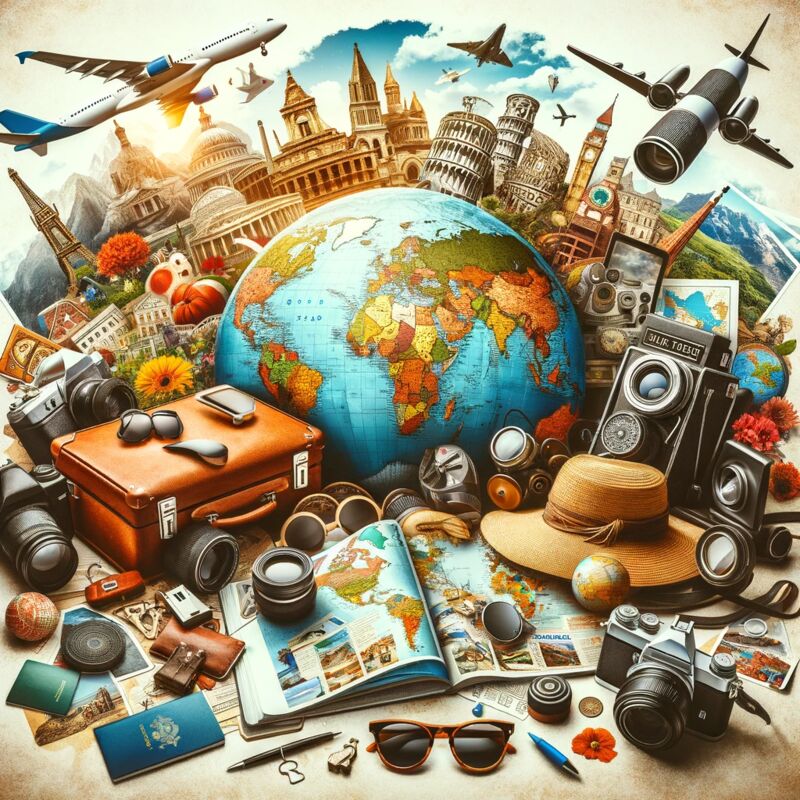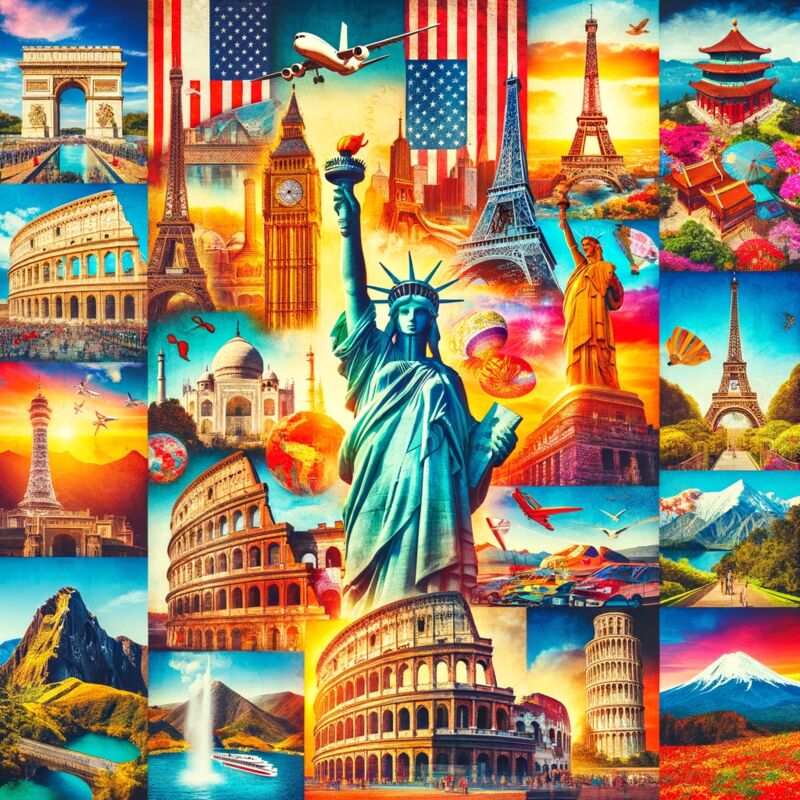Travel Tips for a Memorable Trip to Canada
With its vast landscapes, diverse cultures, and vibrant cities, Canada offers a plethora of experiences for travelers. To help ensure your trip is enjoyable, safe, and hassle-free, follow these practical travel tips on navigation, safety, and local customs.
Navigation Tips
Getting around Canada's expansive territories can be a challenge, but with these tips, you can navigate the country with ease:
- Rent a car for exploring remote areas; it gives you the flexibility to travel at your pace.
- Check for road conditions before heading out, especially during the winter months when some roads might be impassable.
- Use the Google Maps app or other GPS-based navigation systems for city travel and finding points of interest.
- Purchase a Canadian SIM card upon arrival for uninterrupted connectivity.
Safety Guidelines
Canada is generally a safe destination, but it's always wise to take precautions:
- Stay aware of weather advisories, especially if you're traveling to areas prone to extreme conditions.
- Keep emergency numbers, such as 911, handy for urgent assistance.
- Avoid wildlife encounters by keeping a safe distance, particularly in national parks.
Understanding Local Customs
Embracing Canadian customs will enrich your travel experience and help you blend in with the locals:
- Be polite and practice the common courtesy of saying "please" and "thank you."
- Tip service staff at restaurants and cafes; the standard is 15-20% of your bill.
- Respect cultural differences and be mindful of the cultural heritage, especially when visiting indigenous communities.
Other Useful Tips
- Travel insurance is highly recommended to cover unexpected medical or travel-related expenses.
- Be prepared for taxes that are added to the displayed price of goods and services.
Language Considerations
Canada is a bilingual country with English and French as official languages.
- In Quebec, French is predominantly spoken, so learning a few basic French phrases can be helpful.
- English is widely spoken across the country, but bilingual signs and services are common in many regions.
Connectivity
Staying connected is crucial for navigating and sharing your experiences:
- Free Wi-Fi is available in many public spaces, but be cautious when using unsecured networks.
- Consider portable Wi-Fi devices if you need a consistent and secure internet connection.







